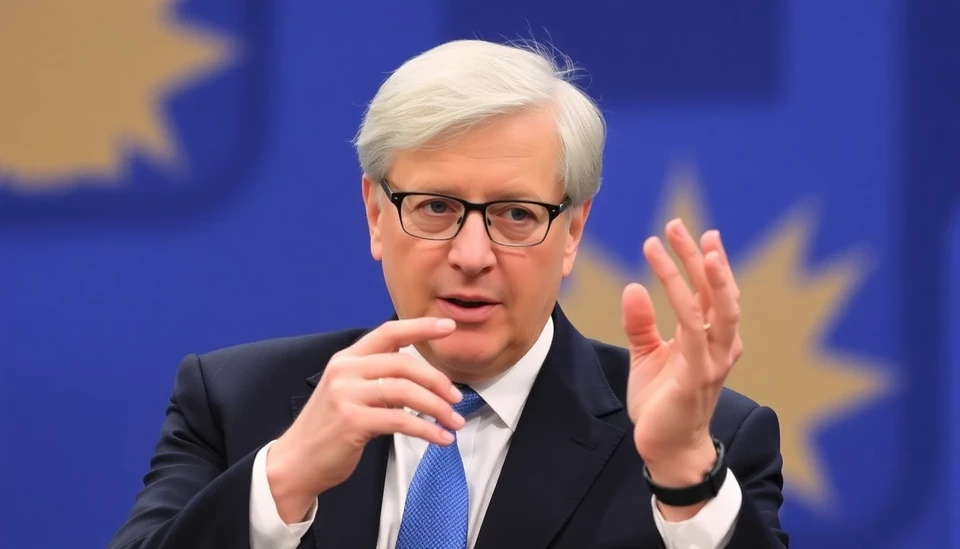
The UK is facing a significant rise in its budget deficit, which has soared to levels that exceeded initial forecasts. Recent financial reports indicate that increasing costs related to debt servicing are primarily driving this unexpected surge, raising concerns about the long-term fiscal health of the nation.
According to the latest updates, the budget deficit for the fiscal year has escalated significantly more than what analysts had predicted. This has led to heightened scrutiny over the government’s financial management strategies and its capacity to control spending, especially in light of rising inflation and material increases in interest rates.
The Office for Budget Responsibility (OBR) recently announced that the deficit is expected to reach approximately £50 billion higher than earlier estimates. This figure reflects an alarming trend driven by surging interest expenses linked to government borrowing. Typically, these payments are managed through the issuance of government bonds, whose yields have spiked over the past months due to changing economic conditions both at home and abroad.
This deficit increase can be further attributed to a combination of both ongoing expenditures and a slowdown in economic growth, which is projected based on recent economic indicators. As the UK wrestles with the residual impacts of the pandemic alongside global economic pressures, discussions about the nation's borrowing and taxation strategies are intensifying.
Financial experts warn that the soaring budget deficit may compel the government to explore alternative pathways for funding, potentially leading to increased taxes or reduced public spending. Such measures could provoke widespread backlash among constituents, particularly in an environment where citizens are already feeling the pinch from rising living costs and diminished disposable incomes.
Moreover, if the government does not address the rising debt burden, this could lead to wider implications for credit ratings and investor confidence, which are critical for sustainable economic recovery. The current situation presents a formidable challenge for policymakers as they navigate complex fiscal landscapes and strive to restore fiscal balance in a turbulent economic environment.
As the UK grapples with these issues ahead of the next fiscal budget review, many will be watching closely to see how the government responds to this escalating financial predicament. Analysts suggest that transparent communication between the government and the public will be essential in fostering trust and ensuring public understanding of the remedial measures that may need to be taken.
In summary, the UK's budget deficit is set to reach unforeseen heights as the country continues to grapple with the compounding effects of rising debt costs. As the government prepares for the challenges ahead, the decisions made in the coming months will be pivotal to the nation's financial trajectory.
#UKBudget #Deficit #DebtCosts #FinancialNews #Economy2025
Author: Laura Mitchell




